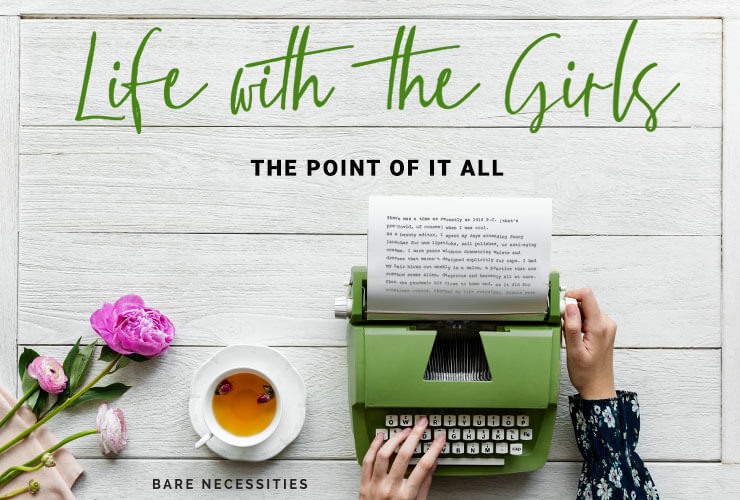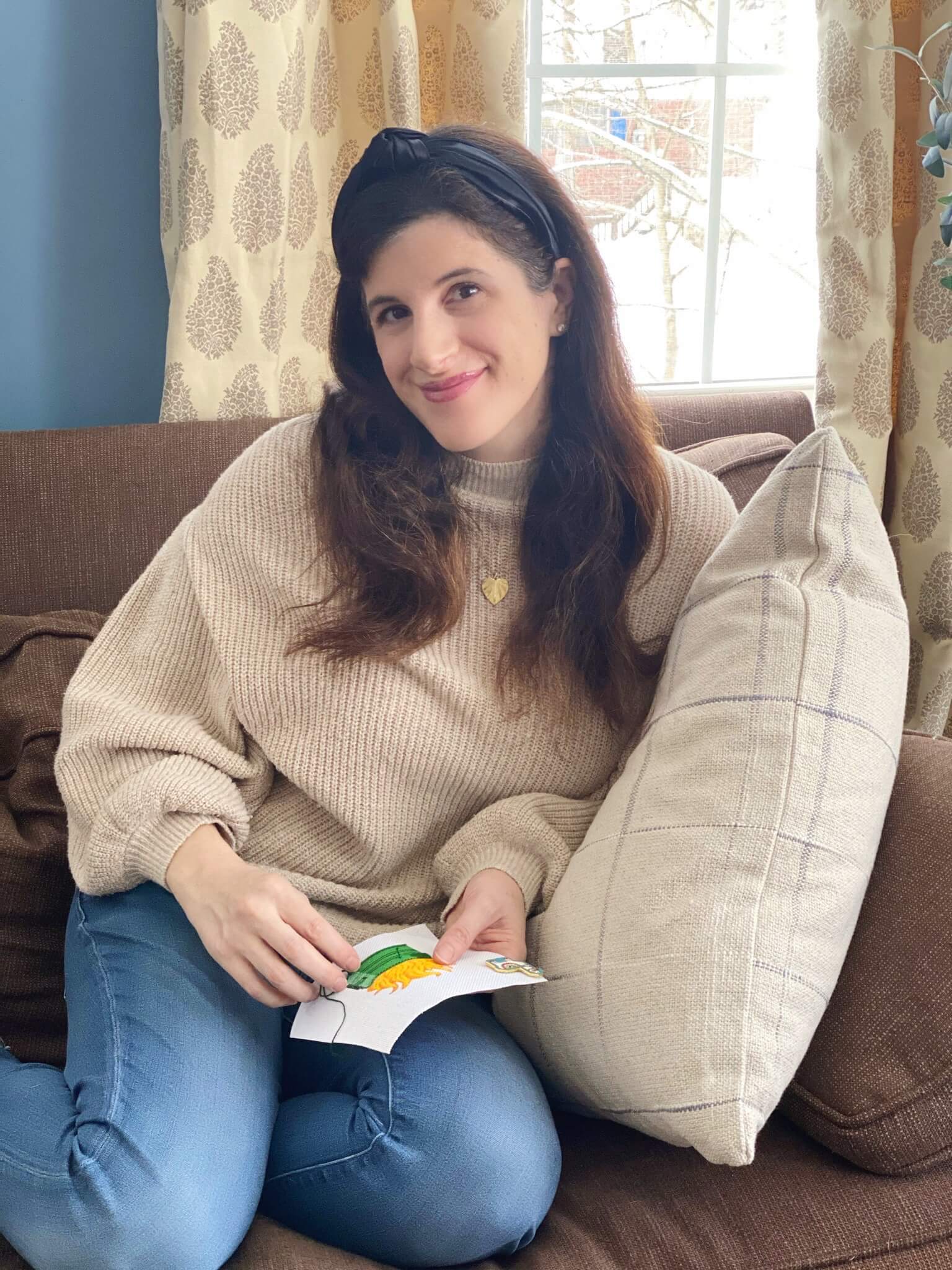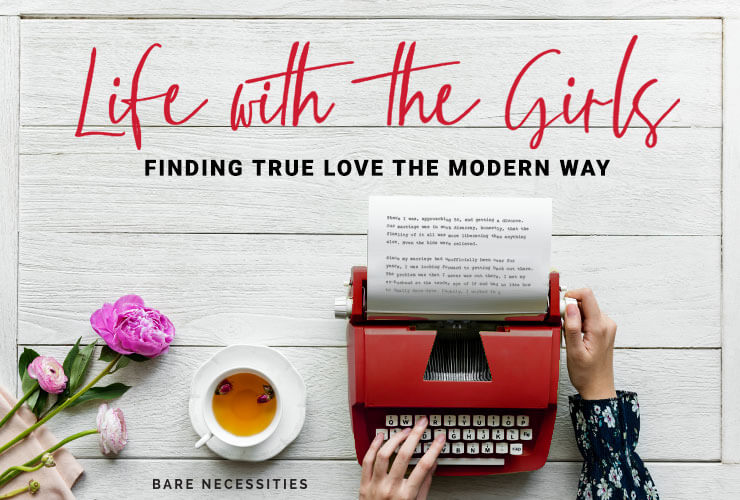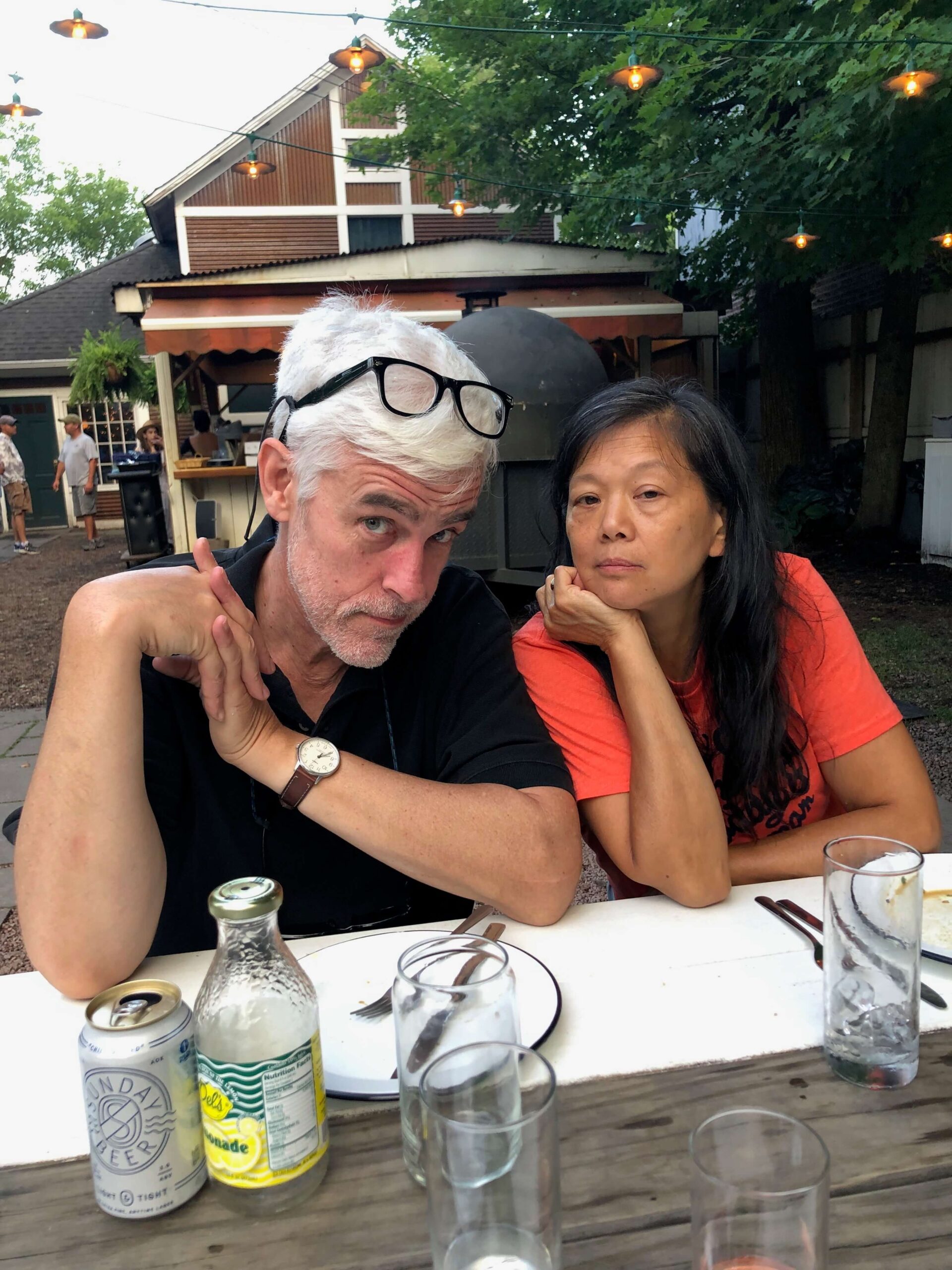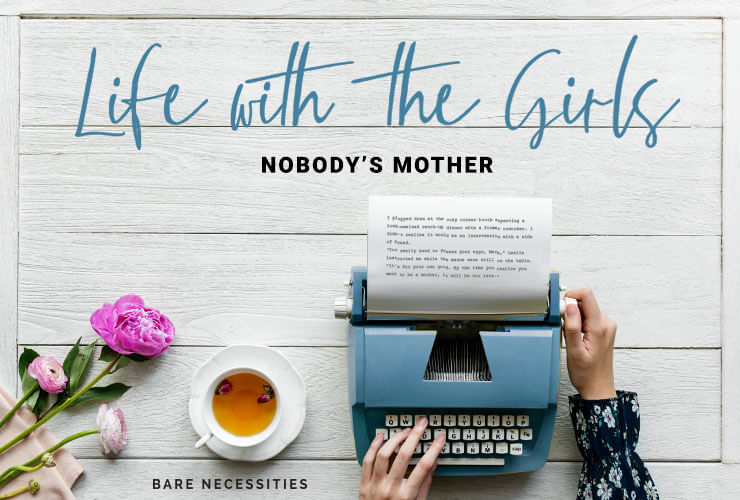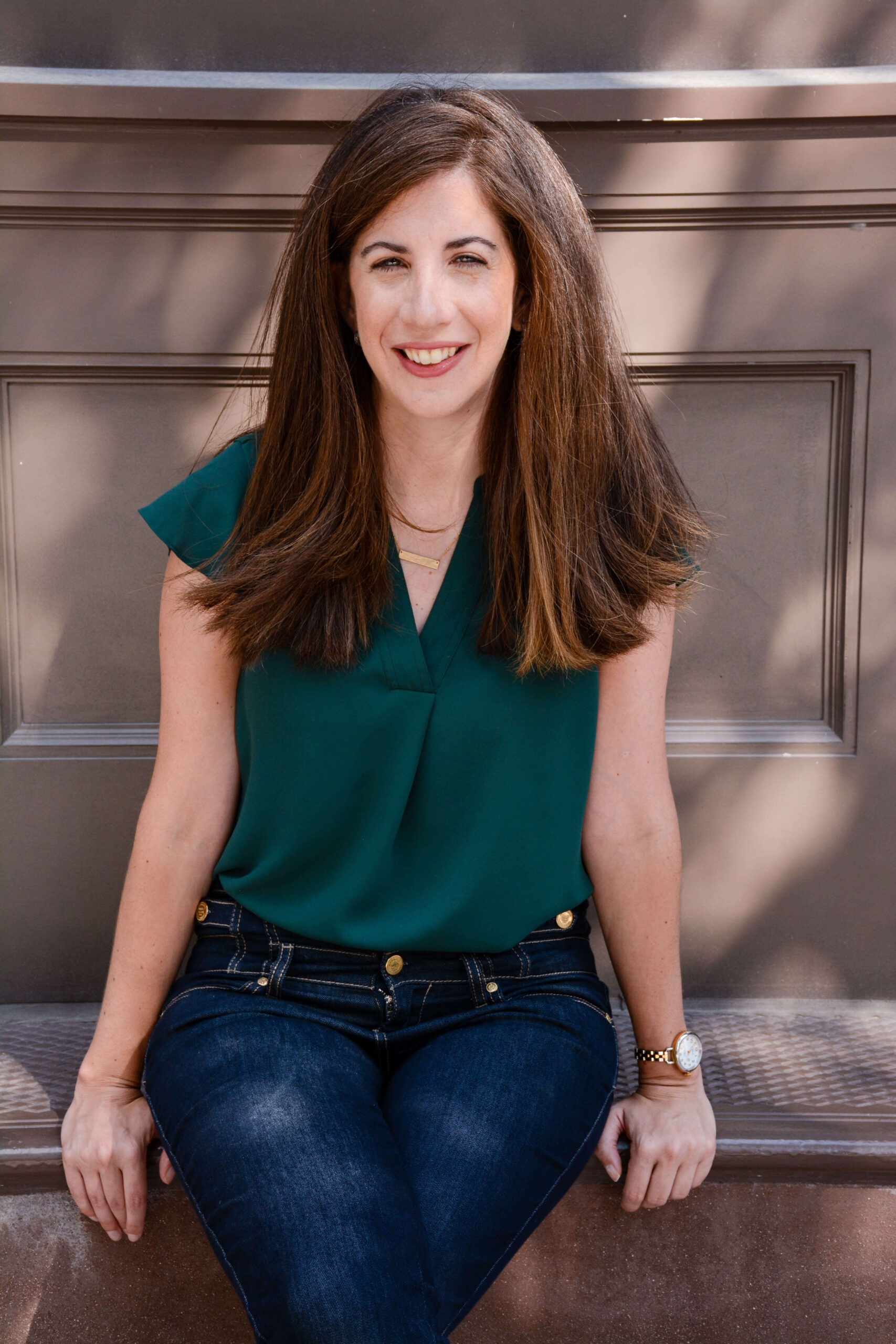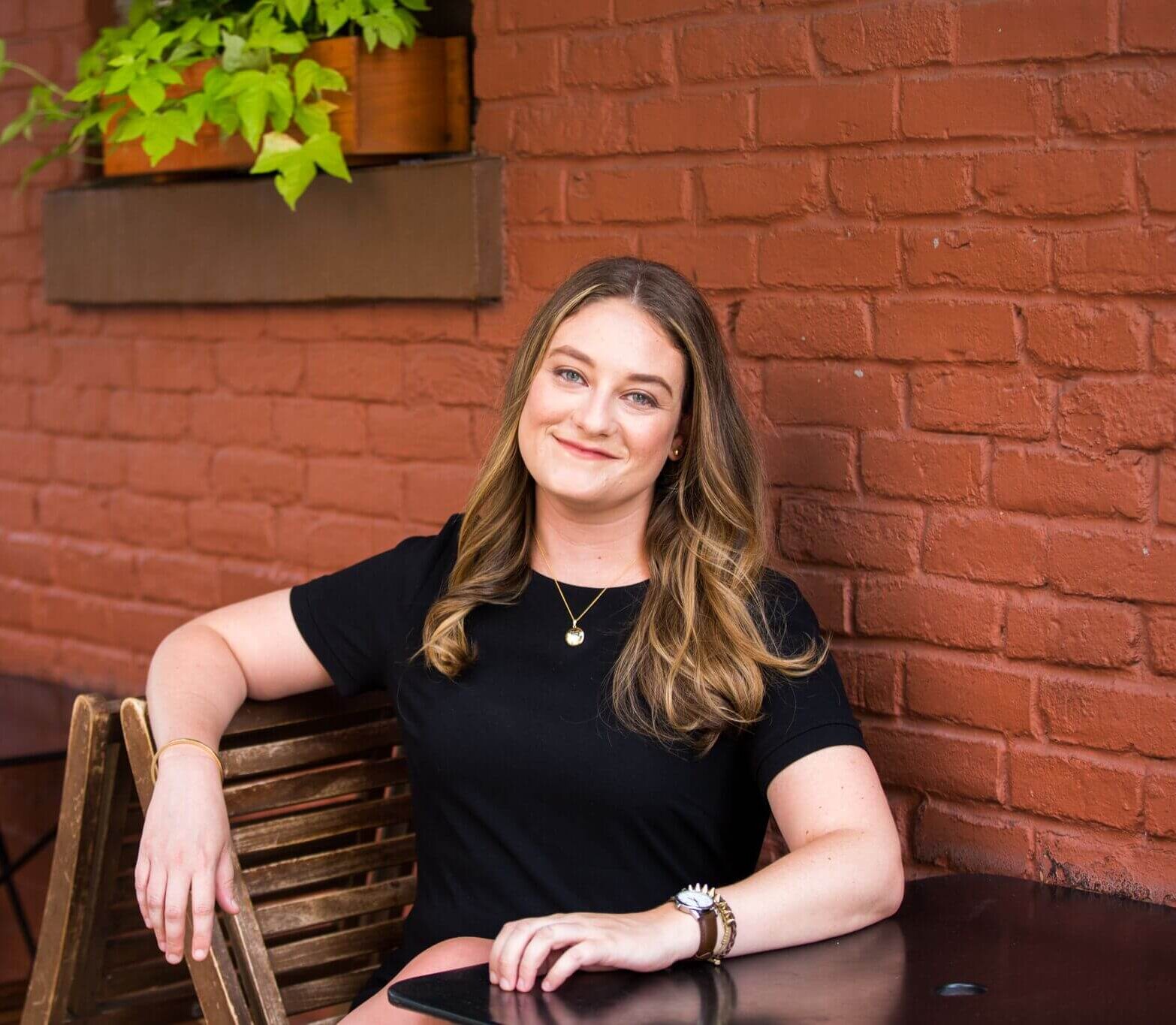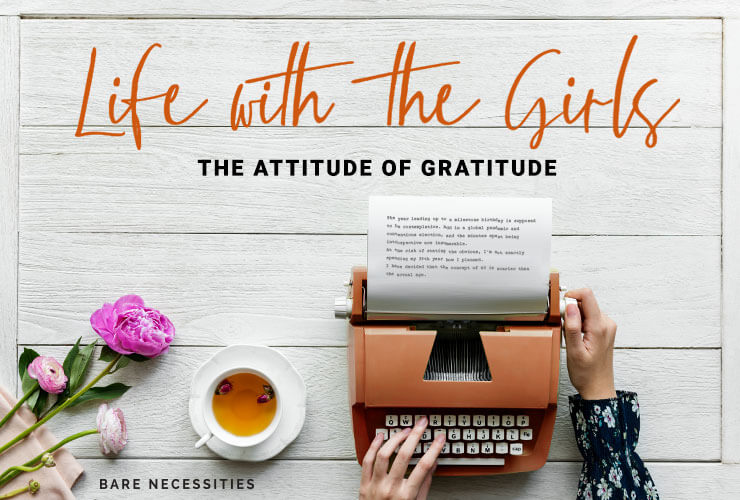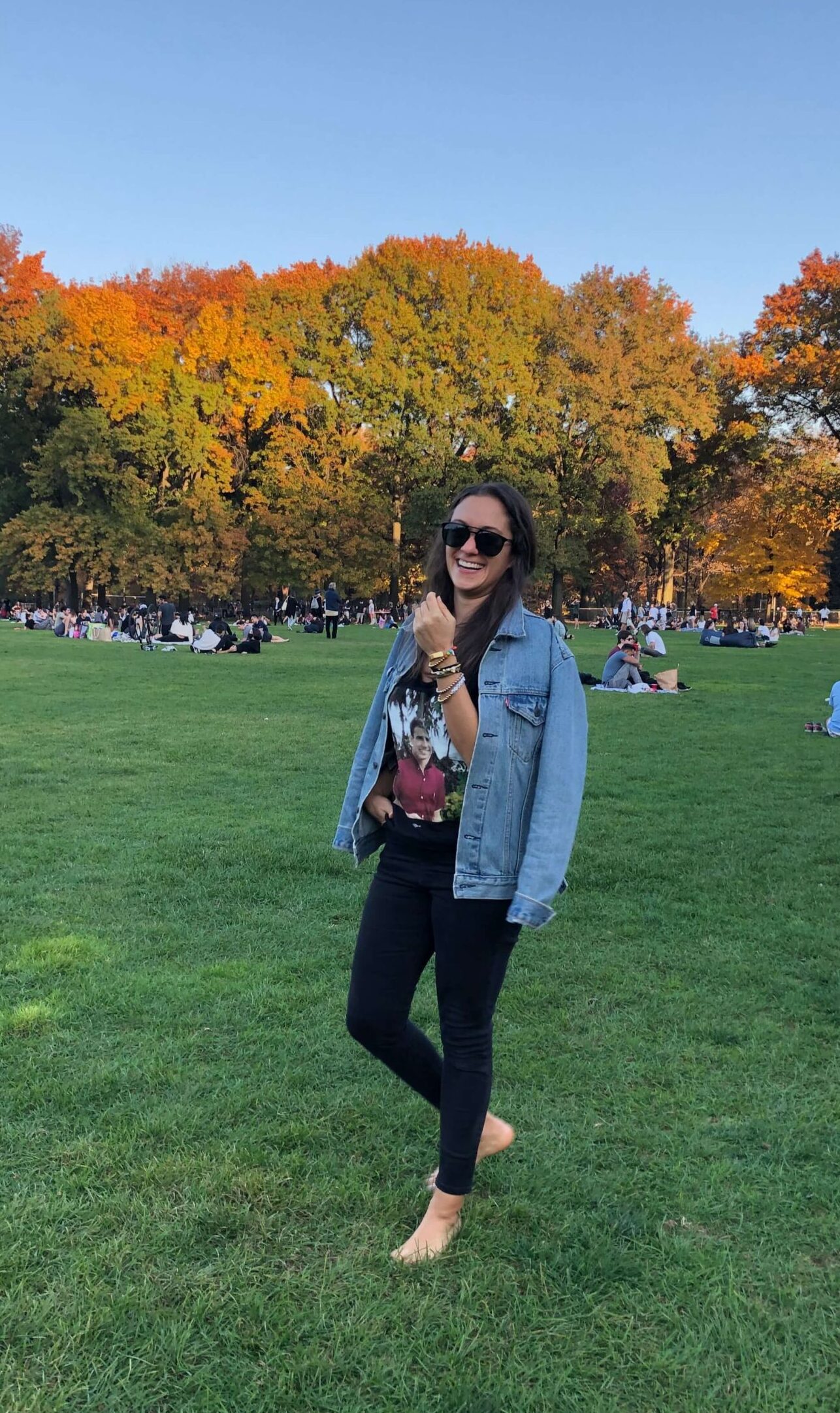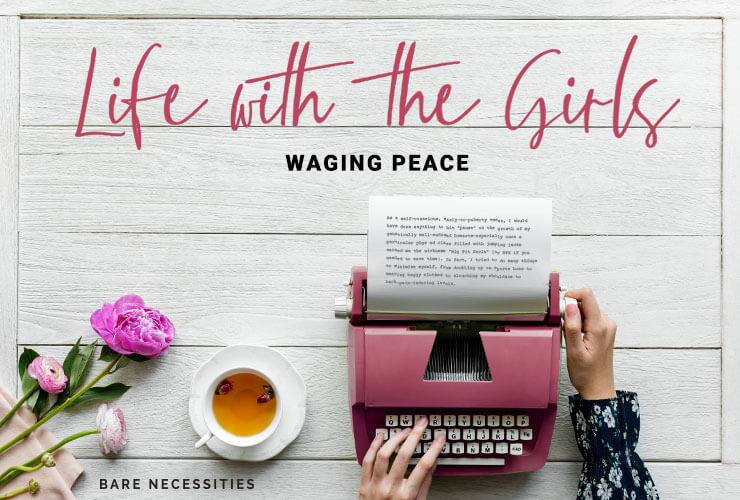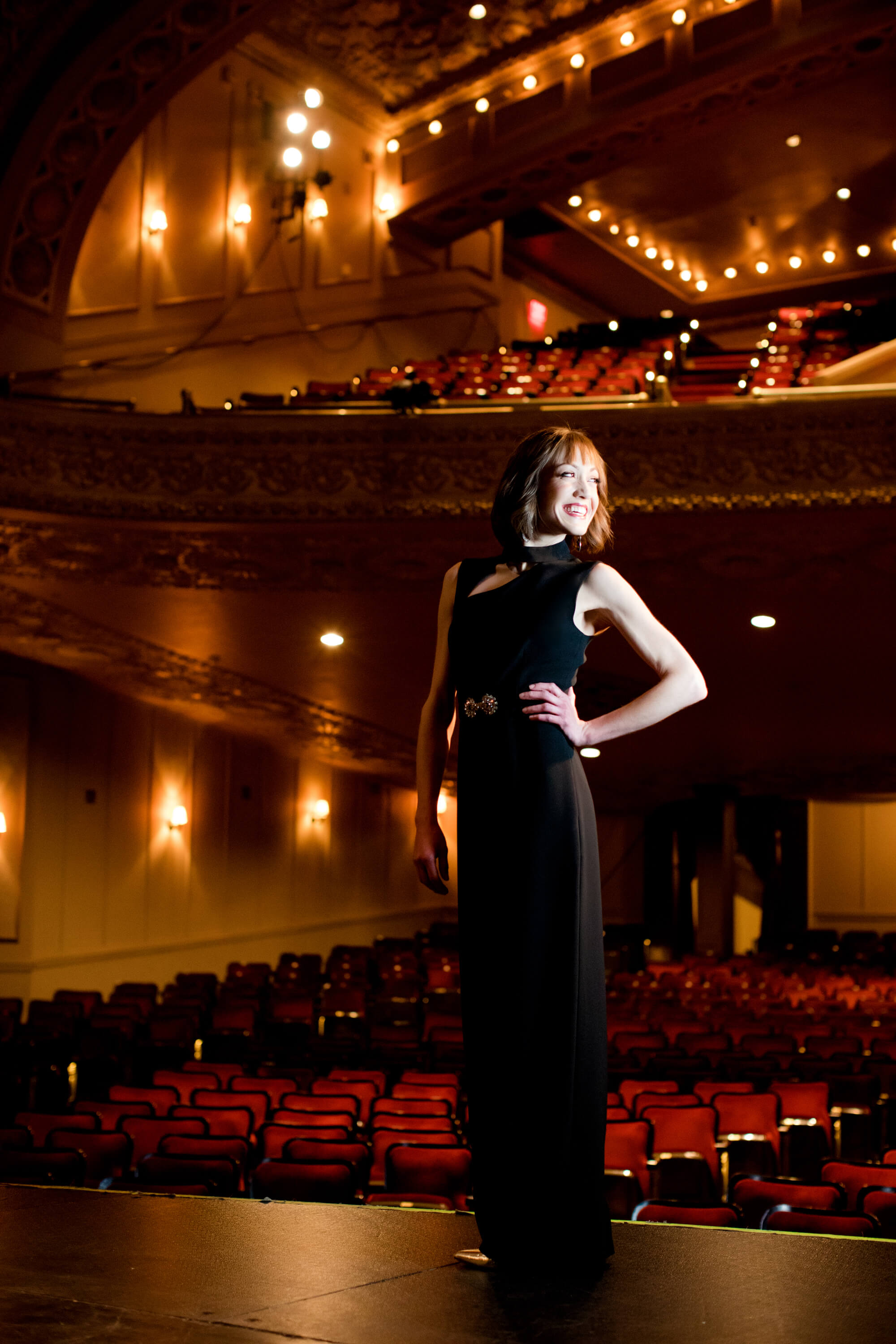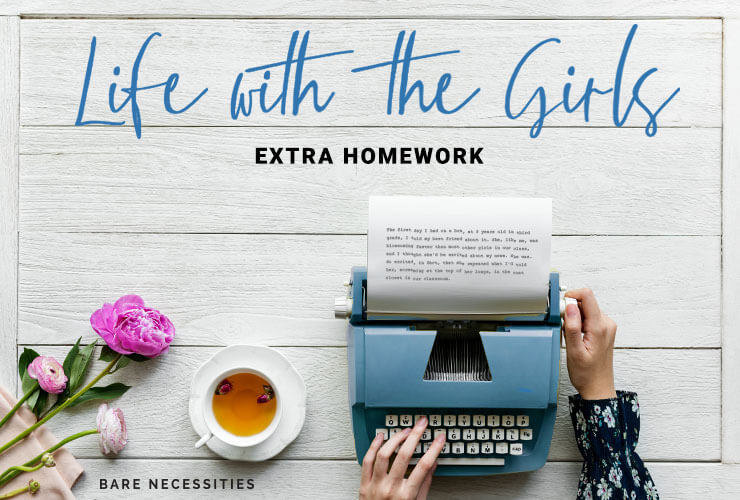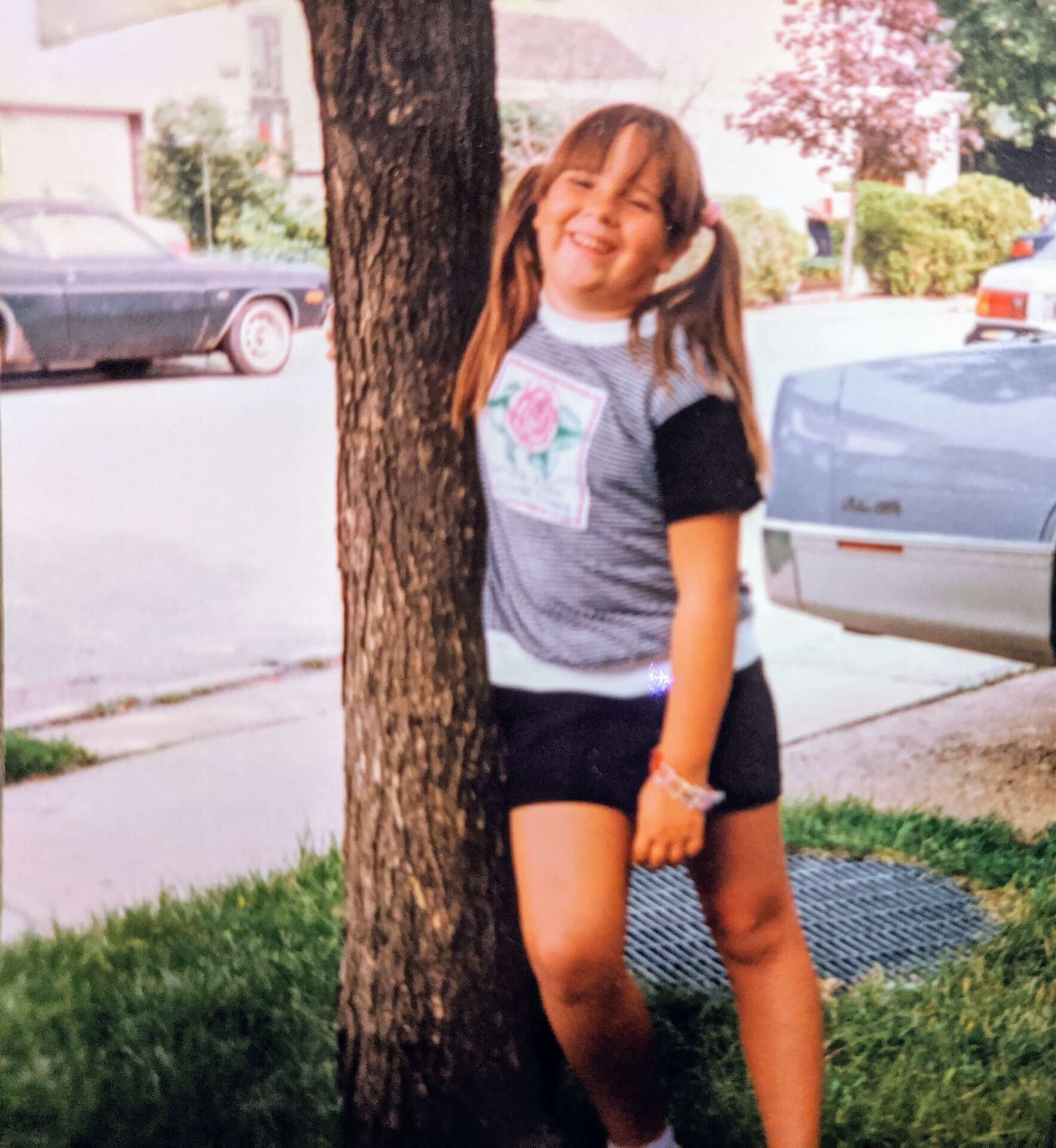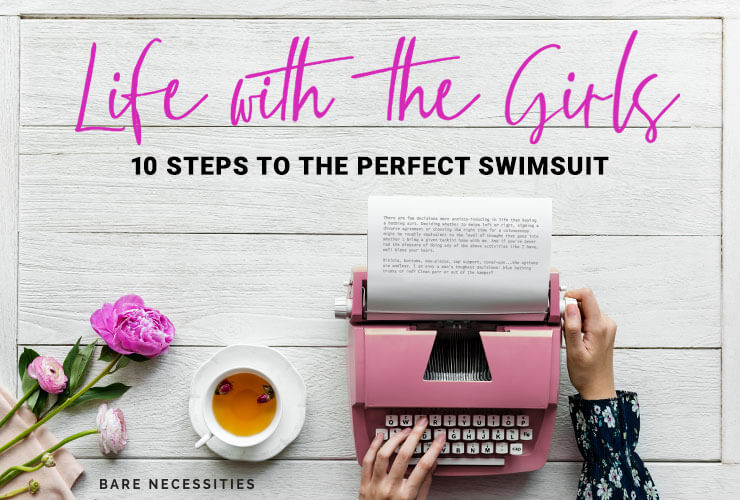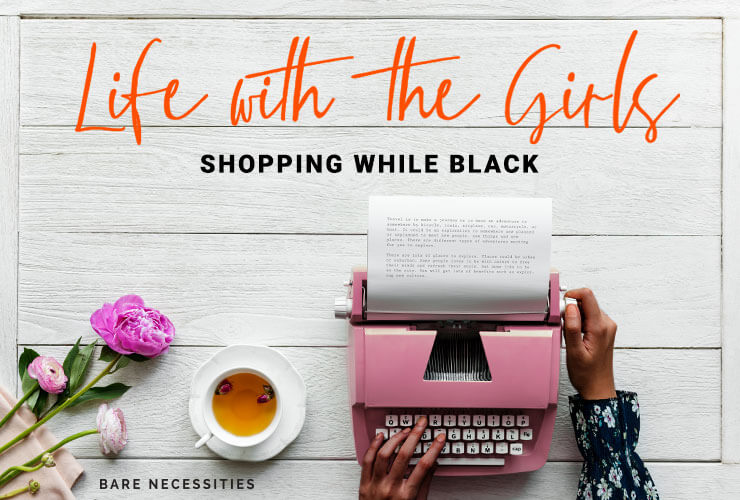Alice Hurley’s older sister MaryAnne always looked out for her—so when MaryAnne needed a mastectomy, it was Alice’s turn to step up. Read on to find out what support can look like in this Breast Cancer Awareness Month edition of “Life with the Girls.”

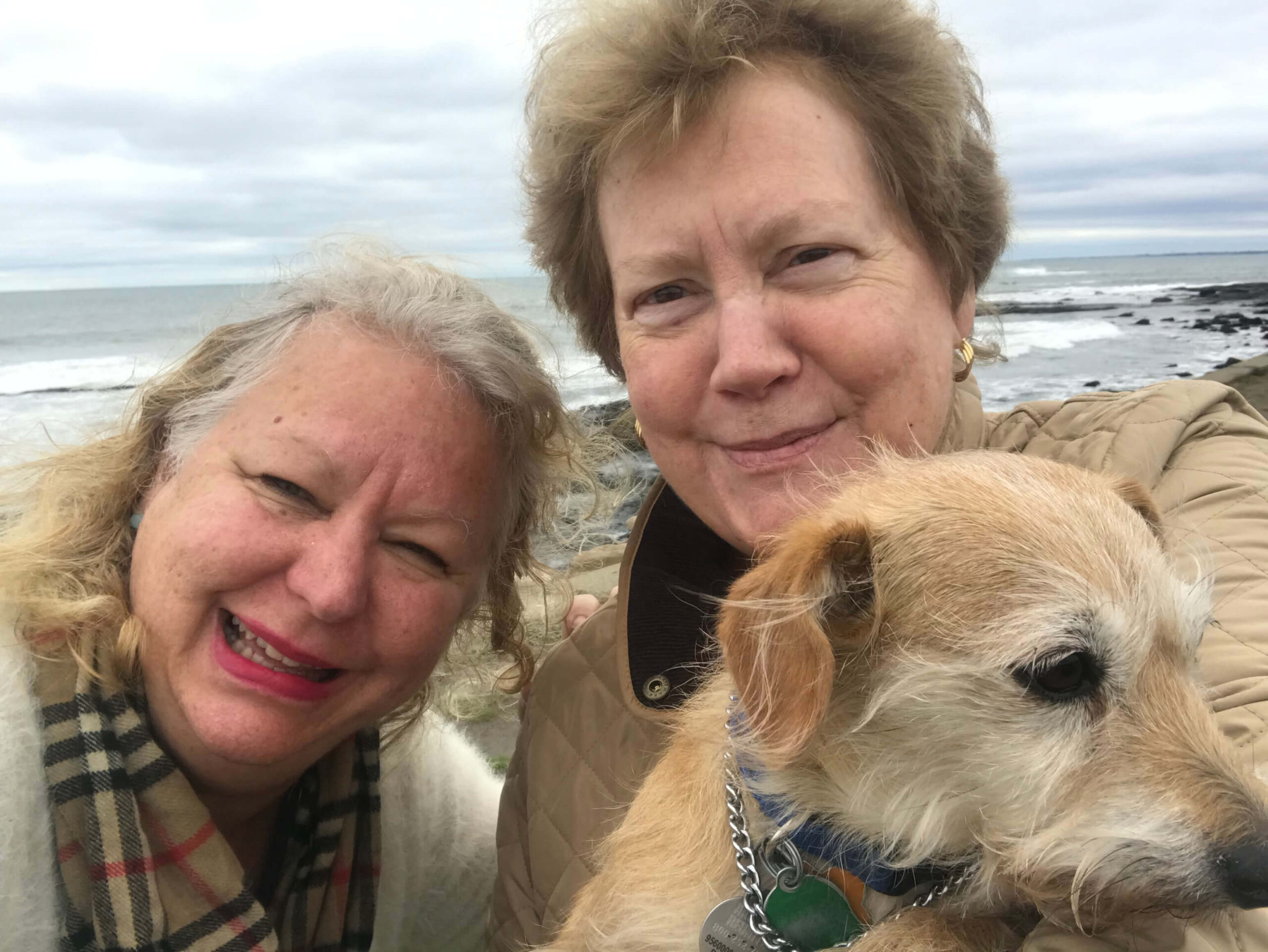
The longer we live, the more my sister means to me.
Sis is seven years my senior. Calling her MaryAnne was for other people. We shared a bedroom with matching bedspreads. She did magical, thoughtful things: One Christmas Eve, my old striped stocking was replaced with a bigger, more cheerful patterned red felt one she had sewn and hung for Santa to fill.
The first time I left home for a sleepover, at Aunt Claire and Uncle Anthony’s Bronx apartment, Sis came with me. (I still cried.) She took me clothes shopping when I got my first New York City magazine job. She lived in a brownstone and invited me often to sleep over on her pullout sofa. (I was no longer scared.)
She took me under her wing. Our mother had died from colon cancer at 56, when I was still in college. Sis watched out for me. She was a scientist; I am a writer. She was a Peace Corps volunteer; I am an avid shopper. But our love overlaps.
Her mastectomy was in May 2019. My auburn-haired sister had just turned 65 and lived alone with her sweet also-auburn Dachshund, Buttercup. She had been widowed for two winters.
I had gone along to meet the breast surgeon. We had questions for Dr. Guth who, we agreed, reminded us of our late, beloved Aunt Claire—surely a good sign. We talked in the examination room about how Sis loved fishing and boats; she and her husband had met sailing. Without saying the words, I wanted Dr. Guth to know: This isn’t just any old patient. This is my sister.
“We’ll get the surgery done in the spring and have you back out on the water,” Dr. Guth said. We believed in her.
Sis chartered a fishing boat the Saturday before her surgery to take me and my family out on the Long Island Sound with her; she predicted it might be a bit until she could hold a rod again. She baked the fish we caught for dinner.
While I was with Sis, my husband held down the fort. I left our car in suburbia, took the bus through the Lincoln Tunnel to the Port Authority, walked across town to Grand Central Station and boarded the train to Connecticut schlepping my jumbo, overstuffed pink tote (I read that pink makes both wearer and observers feel better). I arrived the day before surgery, feeling a bit like Mary Poppins unpacking in Sis’s guest room. I had books and salted cashews to share; pink tops and dresses; sneakers so I could walk Buttercup; and an umbrella, though, unlike Mary Poppins’, mine was only in case of rain.
I also brought, standing behind me, our parents, our Irish and Italian grandparents, our aunts and uncles, our two brothers, my daughters.… I stood alone before Sis, but I stood for everyone who loved her. I was the helper, ever upbeat and cheerful. We had been Girl Scouts, after all. I was dependable.
Yet I was also naïve. I didn’t fully register the deadly seriousness of having a breast removed. I didn’t anticipate the pain Sis would be in, how hard it would be for her to rest, to lift things. How she would be unable to bathe herself. I had not researched what a drainage tube entails.
[perfectpullquote align=”right” bordertop=”false” cite=”” link=”” color=”” class=”” size=””]”For the first time, our roles reversed. Though she forever has what I need in her handbag, now I had to bring my big sister what she needed: support”[/perfectpullquote]
For the first time, our roles reversed. Though she forever has what I need when I need it—hand sanitizer, a mint, tissues—now I had to bring my big sister what she needed most: support.
We rose in the dark of early morning, and I drove us into New York City, my cell phone updated with all the contacts I had to call after surgery. I took my place in the waiting room.
Once Dr. Guth said all had gone well and Sis’s lymph node sample was clean, I started the phone chain. I fetched her meds at the pharmacy. While doctors zipped in and out of her room, I made too many visits to the cafeteria, nervously eating to bury it all, to soothe myself: a bagel with cream cheese and lox, dark chocolate, endless coffee, fancy cookies, mashed potatoes, cheese blintzes, soft black licorice.
I slept on a cot by her bed. I liked being by her side again.
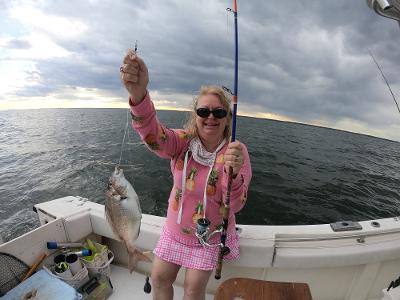
Back home, I checked Sis’ bandage and applied new tape. I changed her sheets and the water in the flower vases. I grocery-shopped, coming back with extra presents that would ultimately replace my presence: a pink petunia for the terrace; pink peony hand soap.
We sipped coffee and chatted. We walked Buttercup by the marina and watched the swans. I napped on the couch, safe in the presence of my big sister while I Dream of Jeannie, a show from our girlhood, was on TV. Even while she was recovering, Sis watched over me.
By June 2020, just over a year after the surgery, Sis was back on the water as Dr. Guth had promised, and I was there to celebrate with her. Covid had hit; we wore masks on the dock. She chartered a boat, and we caught big striped bass. Though some enormous swells rocked us, we held on for safety.
Sis and me, we were not going to let each other fall down or go under.
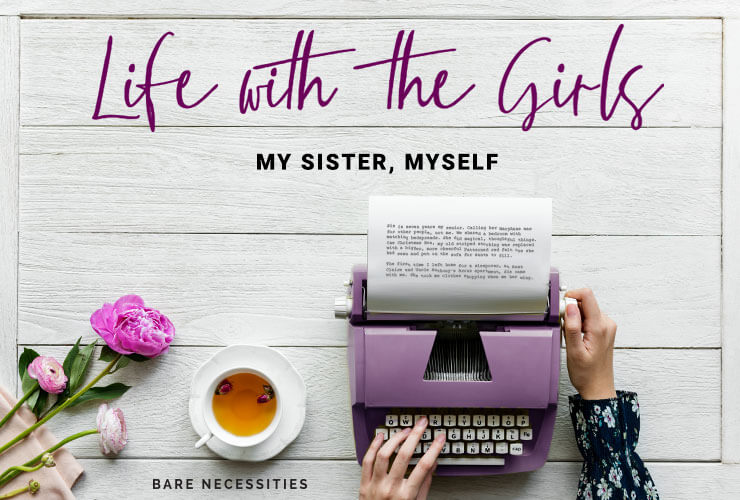
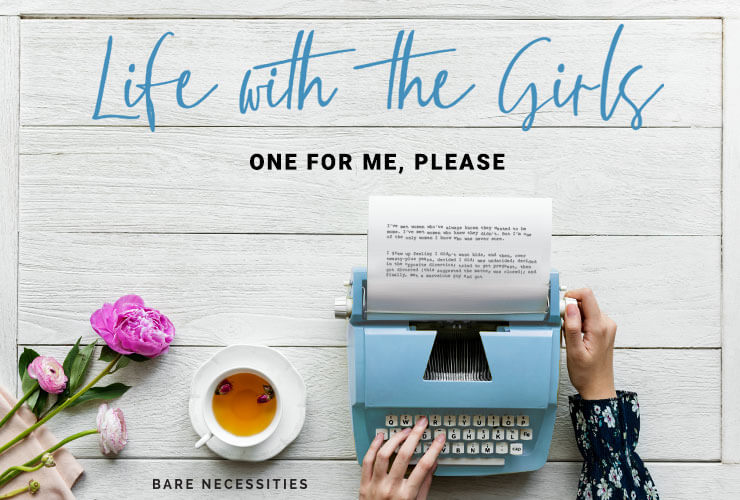
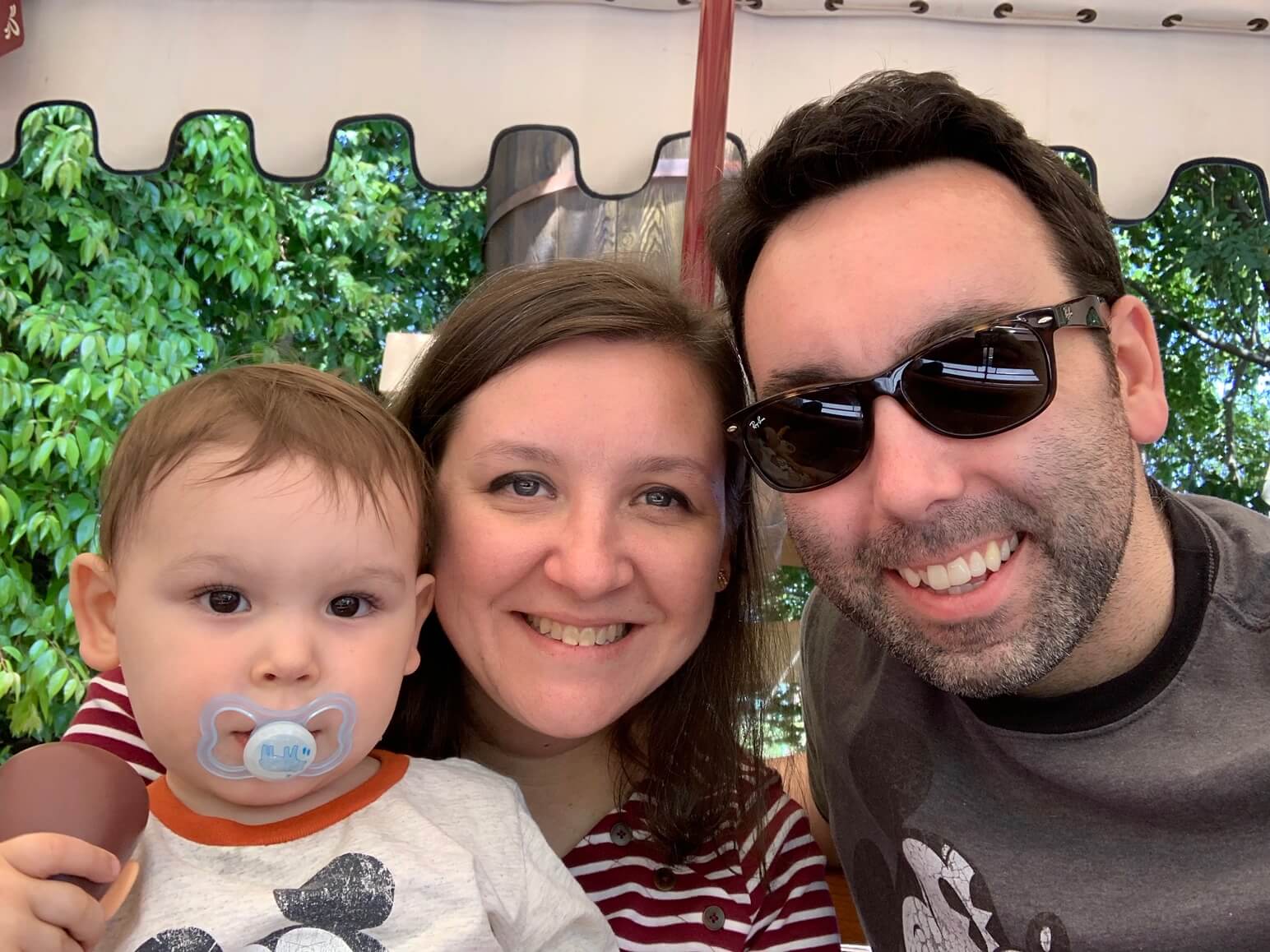
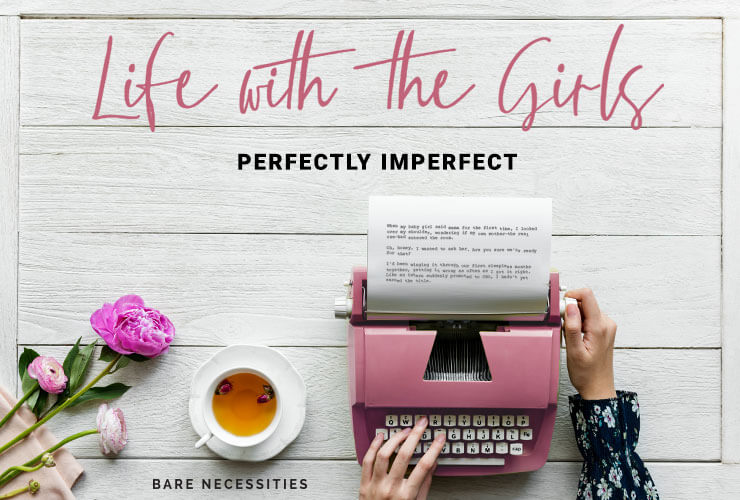
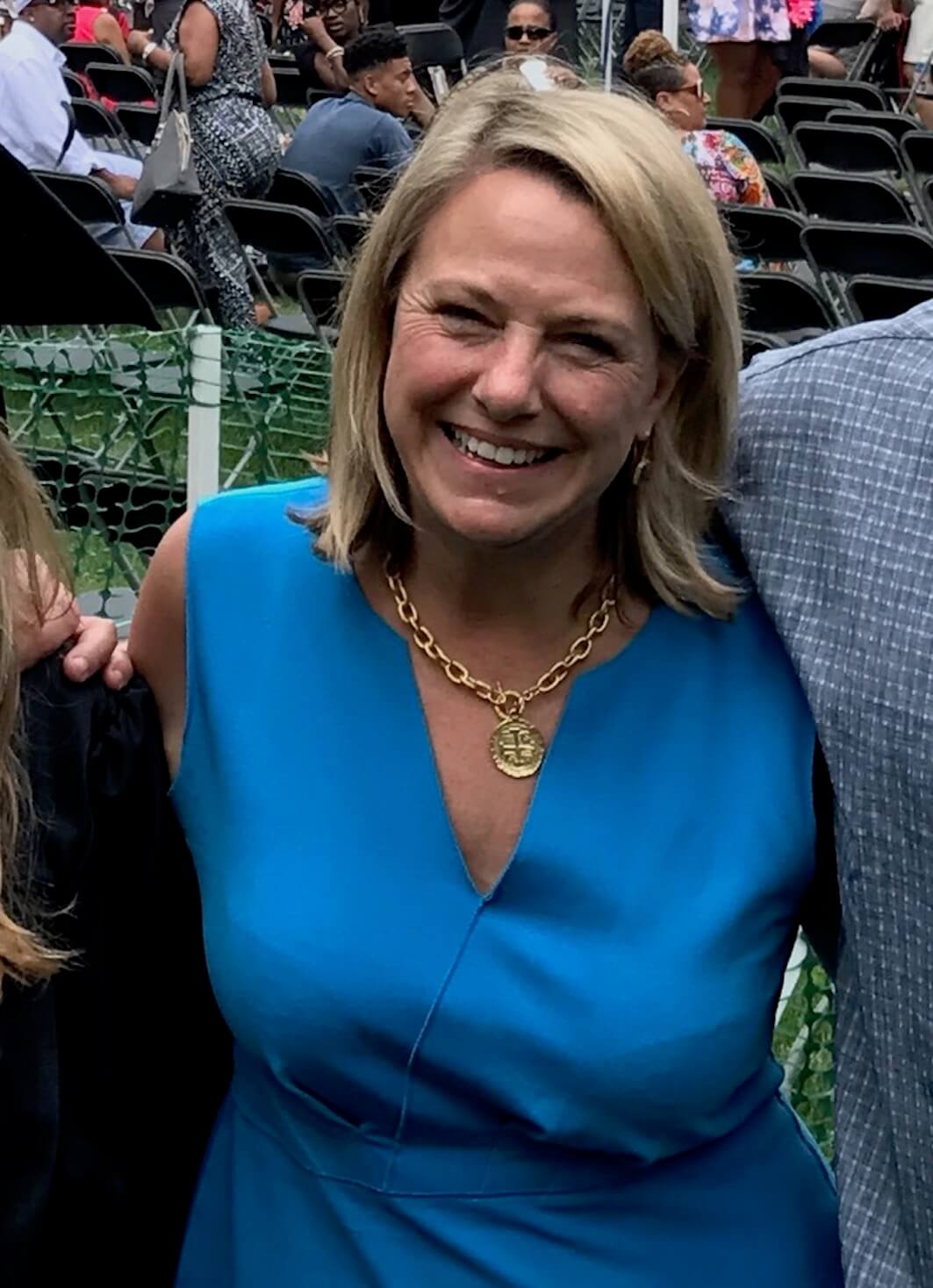 When my baby girl said mama for the first time, I looked over my shoulder, wondering if my own mother–the real one–had entered the room.
When my baby girl said mama for the first time, I looked over my shoulder, wondering if my own mother–the real one–had entered the room. 